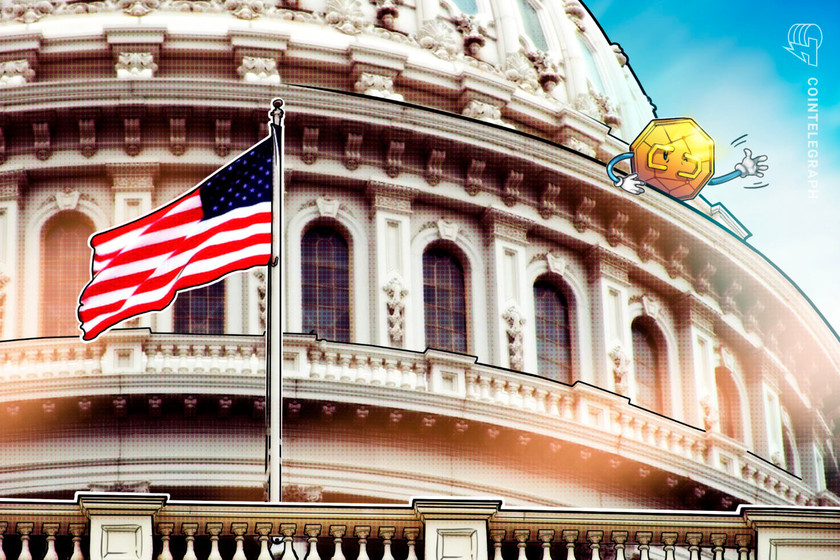Members of the United States House of Representatives and Senate as well as Supreme Court justices currently trading cryptocurrencies may have to stop HODLing while in office should a bill get enough votes.
According to a framework released on Thursday, chair Zoe Lofgren of the Committee on House Administration — responsible for the day-to-day operations of the House — said she had a “meaningful and effective plan to combat financial conflicts of interest” in the U.S. Congress by restricting the financial activities of lawmakers and SCOTUS justices, as well as those of their spouses and children. The bill, if passed according to the framework, would suggest a change in policy following the 2012 passage of the Stop Trading on Congressional Knowledge Act, or STOCK Act, allowing members of Congress to buy, sell and trade stocks and other investments while in office, but also requiring them to disclose such transactions.
“Congress can act to restore the public’s faith and trust in their public officials and ensure that these officials act in the public interest, not their private financial interest, by restricting senior government officials — including Members of Congress and the Supreme Court — and their spouses and dependent children from trading stock or holding investments in securities, commodities, futures, cryptocurrency, and other similar investments and from shorting stocks,” said Lofgren.
She added:
“I will soon introduce legislative text for a bill built on this framework for reform. Many Members have already concluded that reforms are necessary.”
The framework suggested that lawmakers and SCOTUS justices could still hold and disclose a portfolio with diversified mutual funds, exchange-traded funds, Treasury bills, and other investments that did “not present the same potential for conflicts of interest.” The bill’s framework also proposed disclosure amounts be more precise rather than the “extremely broad” range currently used — for example, fro$5 million to $25 million — and be available to the public.
Under the STOCK Act, lawmakers are required to report the purchase, sale or exchange of any investment over $1,000 within 30 to 45 days but the law provides minimal financial and legal consequences for not filing in time — sometimes as little as a $200 late fee. The proposed framework suggested enforcing fines of $1,000 for every 30-day period an individual was in violation of disclosure rules, increasing the late fee…
Click Here to Read the Full Original Article at Cointelegraph.com News…
























